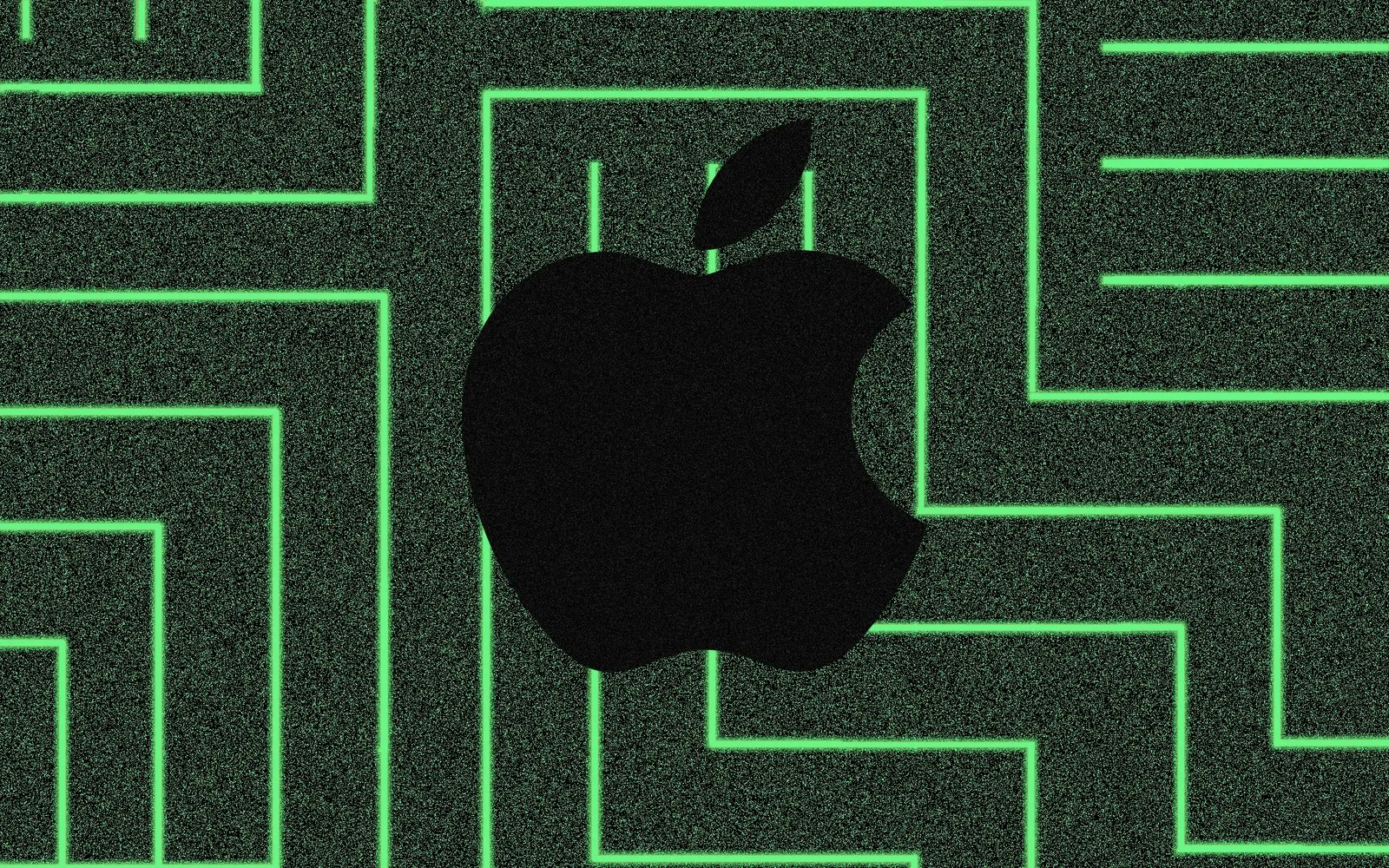OneZero_ is partnering with Big Technology, a newsletter and podcast by Alex Kantrowitz, to bring readers exclusive access to interviews with notable figures in and around the tech industry._
This week, Kantrowitz sits down with M.G. Siegler, a partner at the investment firm GV. (Siegler is also an investor in Medium.) This interview has been edited for length and clarity.
_To subscribe to the podcast and hear the interview for yourself, _you can check it out on _iTunes**, Spotify, and _Overcast.**
F
or years, Apple had a clear identity: It was the world’s best devices maker. Today, the company is trying to balance that identity with a new emphasis on software and services.
This new approach has helped Apple surge to a $2 trillion valuation — investors now value it as a software versus hardware company — and caused considerable drama over recent weeks.
The company is currently fighting hard with Fortnite-maker Epic Games to keep the 30% cut of revenue it gets from purchases inside its App Store. Fees from customers and developers are now core to Apple’s business, so it can’t let up easy — even if it risks losing some of its brand luster.
To discuss this shift and what it means for Apple’s future, I sat down with my favorite Apple writer, GV Partner M.G. Siegler, who once covered the company for TechCrunch and continues to write about it here on Medium while still working his day job.
**Alex Kantrowitz: **One of the things that I wonder about with Apple is their identity. Companies operate in two different phases. One is they invent. Two is when they’ve built a big enough product portfolio, they start to milk their assets and get every dollar they can out of them. Apple is putting everything it has into making much money as it can from the iPhone. Does that eventually come back to bite them?
**M.G. Siegler: **I think the reality is we’re recognizing now that nothing is going to be as big as the iPhone was as a product category. That’s what’s driven Apple to become a $2 trillion company, the biggest company of all time. They basically created a market that was unlike anything we’ve seen before it, and it became the fully ubiquitous computing device.
Eventually, everyone in the world is going to have some sort of smartphone with them. We’re already a good portion of the way there, between iOS and Android devices. And so in the post-Jobs Apple, it has been a bit of a challenge to try to figure out what that next device is. In a way, it feels like they’ve done a good job, and Tim Cook has done a good job, of figuring out how to keep the ball rolling forward on top of augmenting the iPhone.
From the AirPods to the Apple Watch, these are all things that are directly tied to the iPhone or have been up to date. The next thing they’re rumored to be closing in on hardware-wise is some sort of augmented reality headset device. And that still seems like it may be tied to the iPhone.
I want to give Apple credit, though, because I feel like people were worried that it would not be able to surpass what it had done already in the Jobs world. And certainly, from a business perspective, we’re way, way past where it was when Steve Jobs, unfortunately, passed away. I think the company was at something like a $300 billion or $400 billion market cap, which is obviously still a massive company. But now that seems quaint, right?
#big-technology #apple #gaming #tech #big-data
